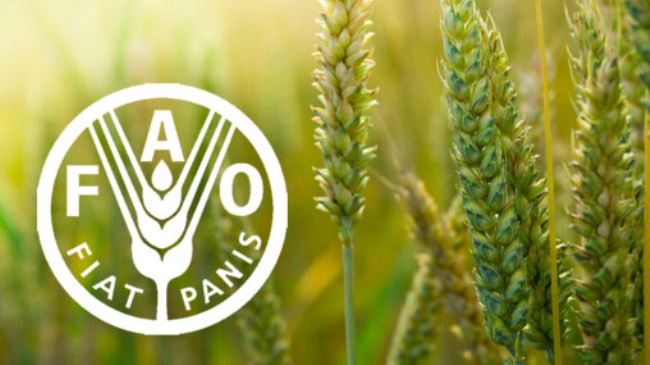
A looming spike in the prices of staple foods such as rice, maize, millet, and cereals is projected to impact Nigeria and several other nations across the West Africa region next year.
This is according to a report titled “West Africa Regional Supply and Market Outlook, by the Food and Agriculture Organisation in December.
The report attributed the surge to a combination of factors, including a decrease in production, trade restrictions, and global geopolitical influences.
It noted that these developments may pose challenges to food accessibility and affordability in the region, requiring vigilant attention from both policymakers and the public.
The PUNCH reported that food inflation rose to 28.20 per cent in November from 27.33 per cent in October.
Largely driven by the surge in the price of food, month-month headline inflation last month was 2.09 per cent, which was 0.35 percentage points higher than what was recorded in October (1.73 per cent).
Further, the report stated, “Staple prices currently remain above the five-year average across the region. This is attributable to a combination of factors including production deficits, trade restrictions, insecurity in the Sahel, elevated global prices, high transaction costs, and currency depreciation in the coastal countries of the Gulf of Guinea.
“Moreover, Nigeria’s annual inflation continues to climb, exacerbated by the removal of fuel subsidies.
Prices are projected to stay above average owing to the limited production performance, sustained demand, constrained humanitarian assistance, continuing trade disruptions, and security and socio economic challenges in the region.”





